What is varicocele, and how is it treated? Does it require surgery, doctor? (Truong Vinh, 35 years old, Ho Chi Minh City)
Reply:
In a healthy individual, the venous system in the scrotum has valves that allow blood to flow in one direction. In people with varicocele, the valves are dilated and do not close properly, causing blood to flow backward and affecting the organ that uses fresh blood, specifically the testicles. Furthermore, damage to this system prevents the scrotum from cooling properly, affecting sperm production. No studies have yet identified a predominant cause.
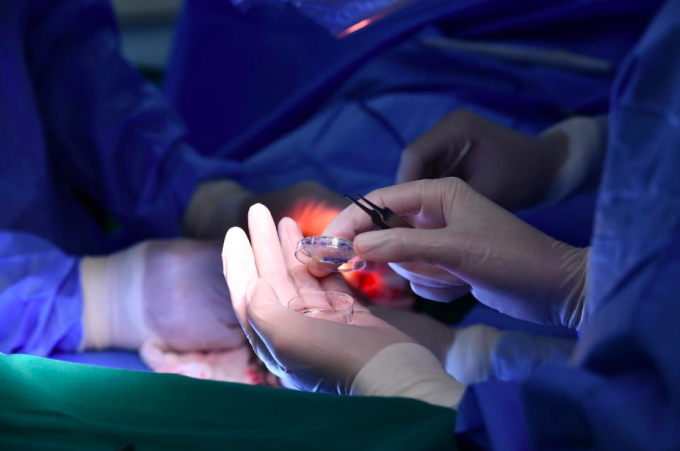
A micro-TESE microsurgery procedure at the Reproductive Support Center of Tam Anh General Hospital, Ho Chi Minh City. Photo: Tam Anh General Hospital.
Ten to five percent of healthy men suffer from varicocele. Symptoms include pain in the scrotum; pain may also occur after prolonged sitting, strenuous activity, or after intercourse. In severe cases, symptoms may include discoloration of the scrotal skin, the appearance of spots, and rough patches.
Currently, there are many methods to treat varicocele, such as microsurgery, using gels or metal coils to seal damaged blood vessels, or laparoscopic surgery. Among these, micro-TESE surgery is the most effective and has the lowest recurrence rate.
In some cases of varicocele, the veins may still be visible to the naked eye; however, arteries and lymphatic vessels are also present alongside the veins. Therefore, using a magnifying glass or the naked eye during varicocele surgery may expose an artery, leading to serious complications such as testicular atrophy or a high risk of recurrence.
Statistics show that approximately 60-70% of patients recover spermatogenesis after surgery, 30-40% experience recurrence, and some groups show no improvement. In cases of azoospermia after surgery, if sperm return, sperm freezing should be considered immediately; complacency should be avoided, as up to 50% of patients experience recurrent azoospermia. Medical literature also notes that patients undergoing micro-TESE surgery have a higher success rate than those with azoospermia who have not undergone surgery.
Not all cases of varicocele require surgery. Surgery should only be considered if the patient experiences pain that significantly impacts their quality of life and daily activities. Furthermore, varicocele surgery should be performed on men with severely altered semen analysis results, including those with azoospermia (absence of sperm), affecting their ability to father children, or in cases of testicular atrophy.
If you have sperm, you can still have children normally through in-vitro fertilization (IVF). Surgery for varicocele helps preserve future fertility, resolving issues such as pain, testicular atrophy, or impaired sperm quality. A varicocele surgery takes about 60 minutes, patients can go home the same day, and it is painless.
MSc. Dr. Le Dang Khoa - Head of the Andrology Unit
Tam Anh General Hospital Reproductive Support Center, Ho Chi Minh City
Source link






![[Photo] Prime Minister Pham Minh Chinh attends the Conference on the Implementation of Tasks for 2026 of the Industry and Trade Sector](/_next/image?url=https%3A%2F%2Fvphoto.vietnam.vn%2Fthumb%2F1200x675%2Fvietnam%2Fresource%2FIMAGE%2F2025%2F12%2F19%2F1766159500458_ndo_br_shared31-jpg.webp&w=3840&q=75)



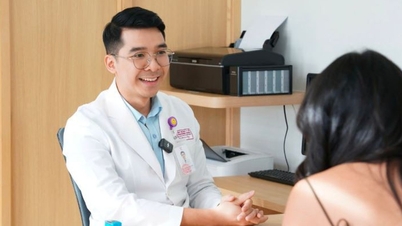

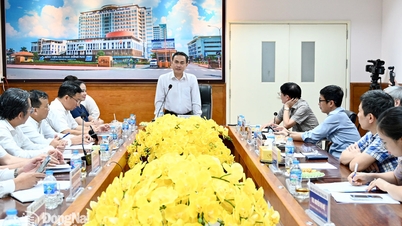

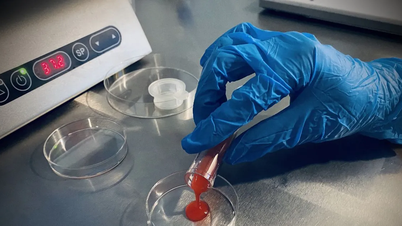











































































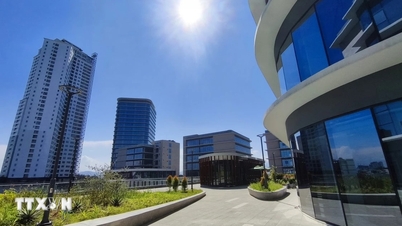















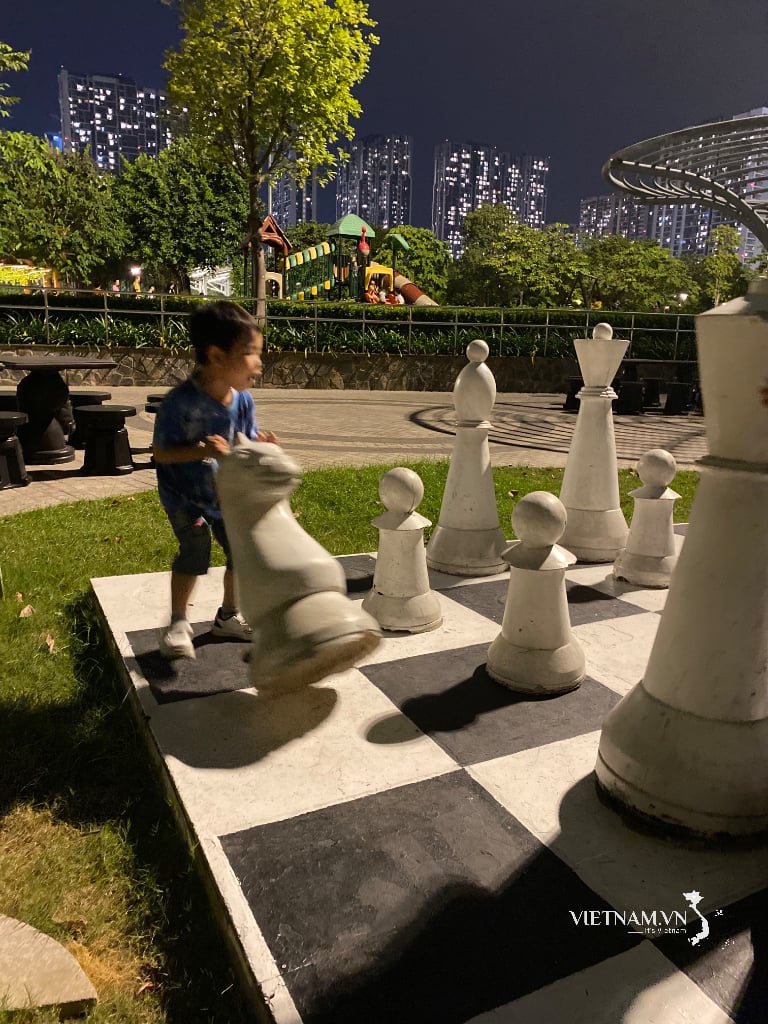


Comment (0)